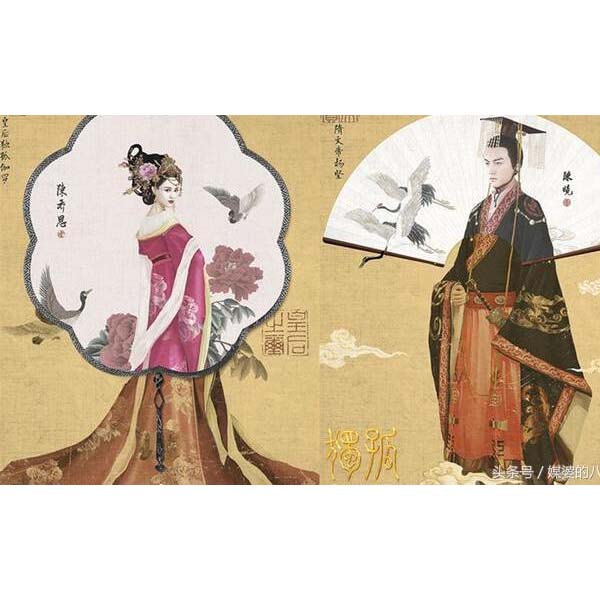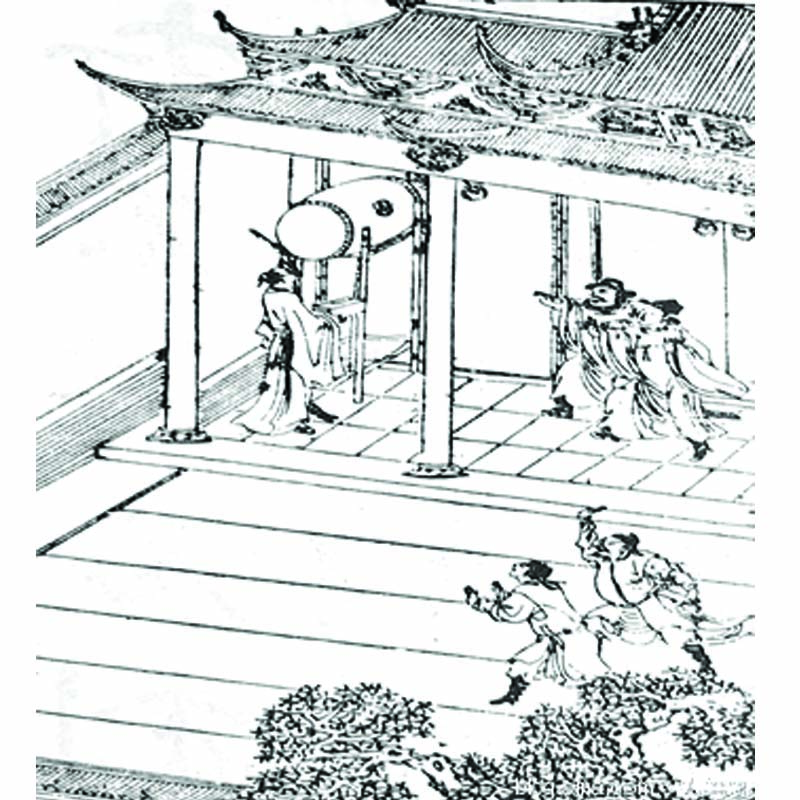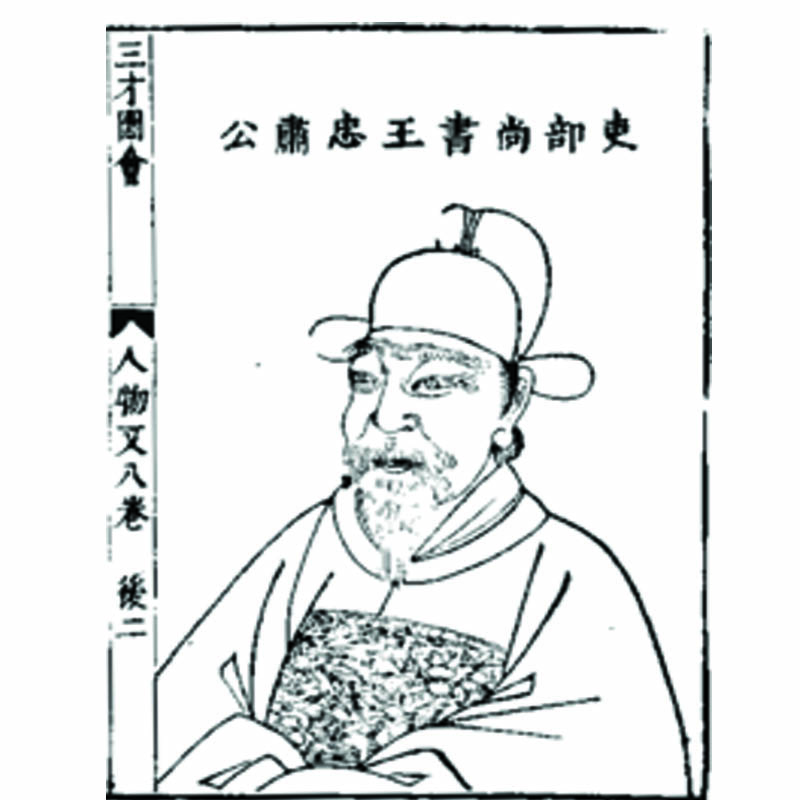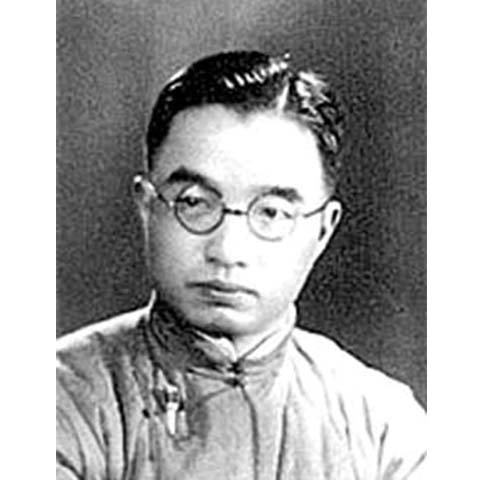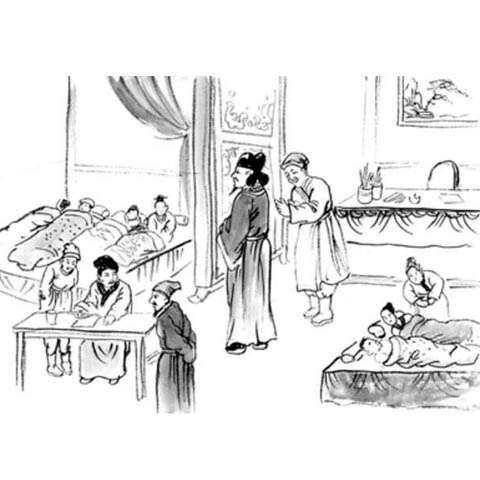Queen Du Gu (獨孤), wife of Emperor Sui Wen Di (隋文帝 581-601 AD), was of noble origin. Even as a queen, she did not abuse her power or yearn for and seek vanity. Rather, she worked hard and attached importance to the state. When the Turks (突厥) traded with Sui Dynasty, they had a suitcase […]
Queen’s benign influence
